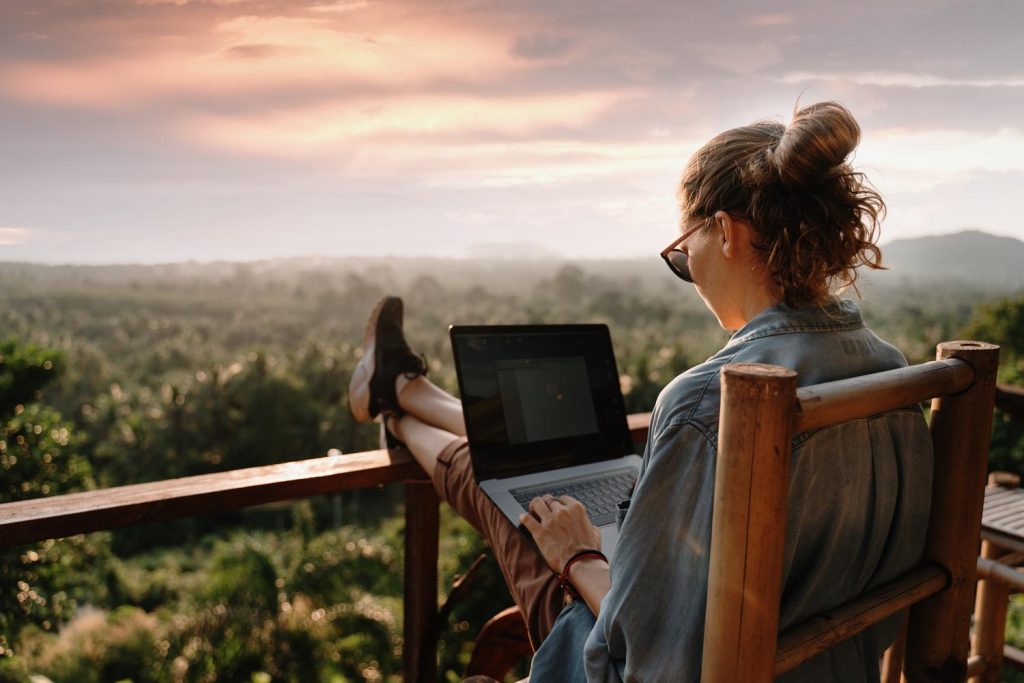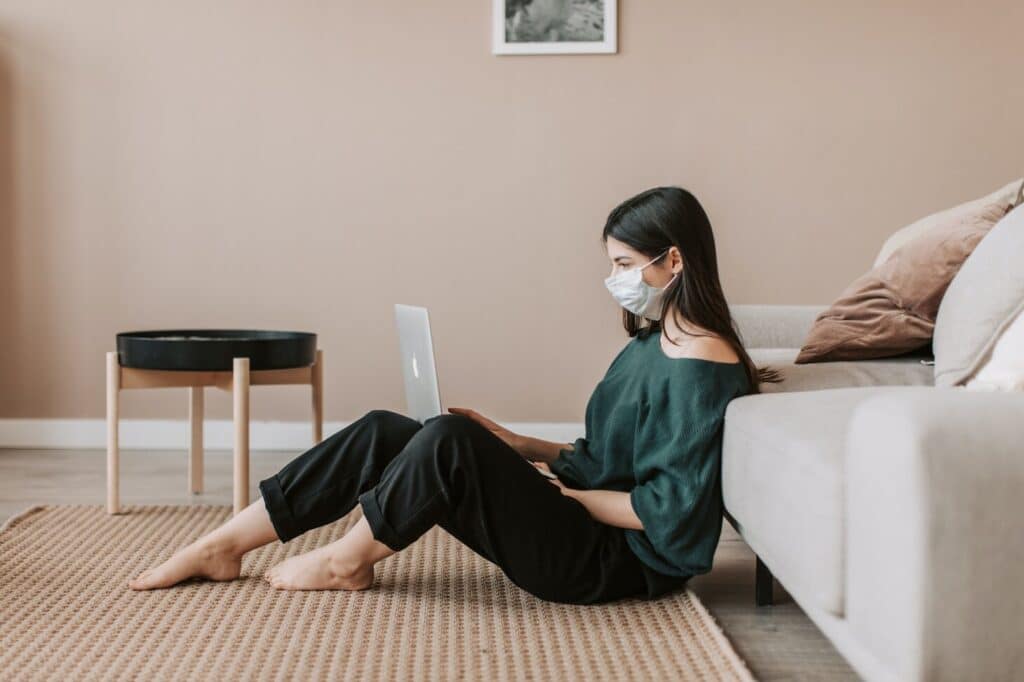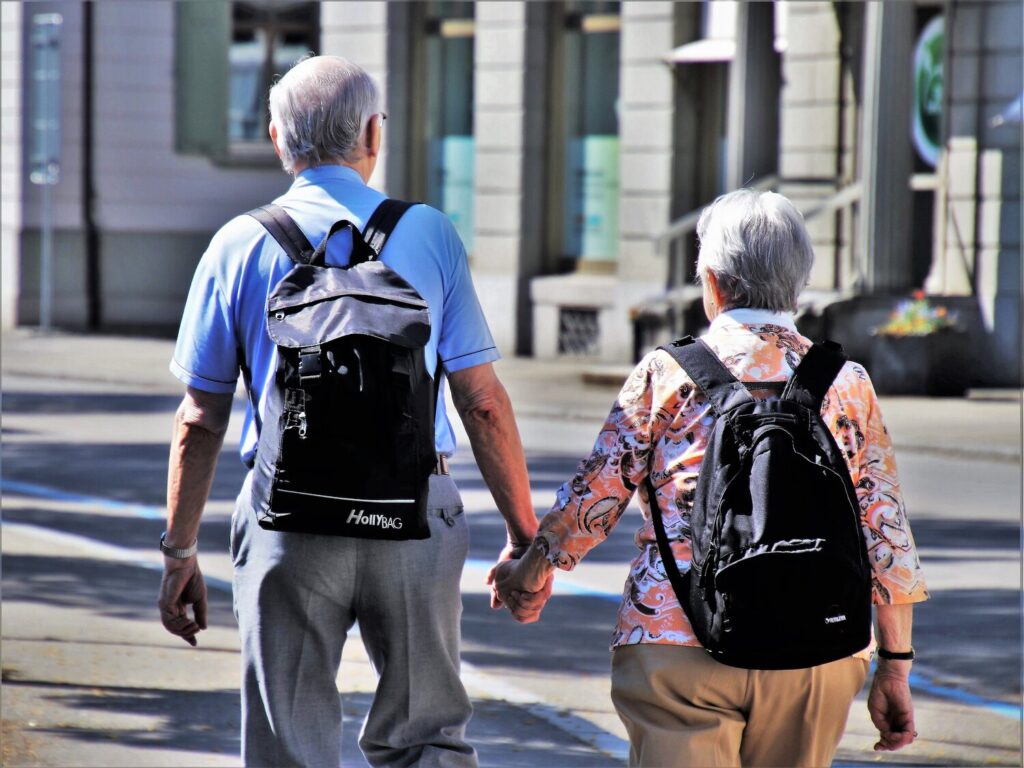
The Trend Towards Access, Not Ownership With The Rise in Nomadic Lifestyles
The Harvard Business Review recently reported that “rootedness is increasingly out of reach and undesirable.” In recent years, a seismic shift has been observed as many individuals living in Western societies previously seen as prosperous and stable are moving away from traditional markers of stability like owning homes and accumulating personal belongings towards a more dynamic and flexible lifestyle.
This transition, driven by economic uncertainties, rising inflation, and a reevaluation of life priorities, especially post-pandemic, has given rise to a new approach to life that prioritizes access over ownership, agility over accumulation, and experiences over possessions. It’s a trend that is reaching across various sectors, including travel, fashion, and housing, and reshaping how people interact with the world around them.
Fashioning a New Narrative
The fashion industry has been at the forefront of this shift, with innovative platforms like ByRotation leading the charge. ByRotation, described as the world’s most extensive shared wardrobe, offers a unique business model where individuals can rent clothing from one another. This not only allows users to continually refresh their style but also creates an opportunity for people to monetize their wardrobes. Such initiatives reflect a broader move towards sustainable consumption and the circular economy, challenging traditional retail models and resonating with consumers increasingly concerned with environmental impact and personal flexibility.
The travel industry is also reacting to this paradigm shift. Japan Airlines recently unveiled a wardrobe rental service aimed at travelers, allowing them to rent clothes appropriate for their destination, which are delivered upon their arrival. This innovative service not only makes travel more convenient by eliminating the need to pack but also contributes to environmental sustainability by reducing the weight aircraft carry. Such initiatives reimagine travel logistics, offering convenience and efficiency while opening new revenue streams for airlines.
The real estate sector is also embracing this trend, particularly in urban centers where the cost of living continues to rise. The Netherland’s Peerby app encourages the borrowing of seldom-used items from people nearby, from party supplies to kitchen appliances, supporting the idea that access can fulfill needs without requiring ownership. Similarly, in New York, developers are integrating “Common Goods” facilities into residential buildings. These amenities offer residents access to items like camping gear, bicycles, and vacuum cleaners, either for free or a nominal fee, promoting a community-centric model of shared resources.
From Ownership to Access
Additionally, the concept of living arrangements is undergoing transformation. Traditional 12-month rental leases are becoming less appealing as people seek greater flexibility in their living situations. Companies like One Fine Stay and Sentral are pioneering short-term, membership-based rental models that offer fully furnished apartments with no long-term commitment. This flexibility is particularly appealing to millennials and Gen Z, who value the freedom to move and experience different cities without the burdens of conventional renting. Furthermore, house-sitting services provide unique opportunities for individuals to live rent-free in exchange for property maintenance, adding another layer to the evolving landscape of housing options.
This trend towards prioritizing access over ownership marks a significant shift in consumer values and behaviors, driven by a desire for flexibility, sustainability, and a redefined sense of community. As this more fluid lifestyle continues to gain traction, it’s reshaping industries and offering a glimpse into a future where experiences and access are valued more than ever before.







Responses